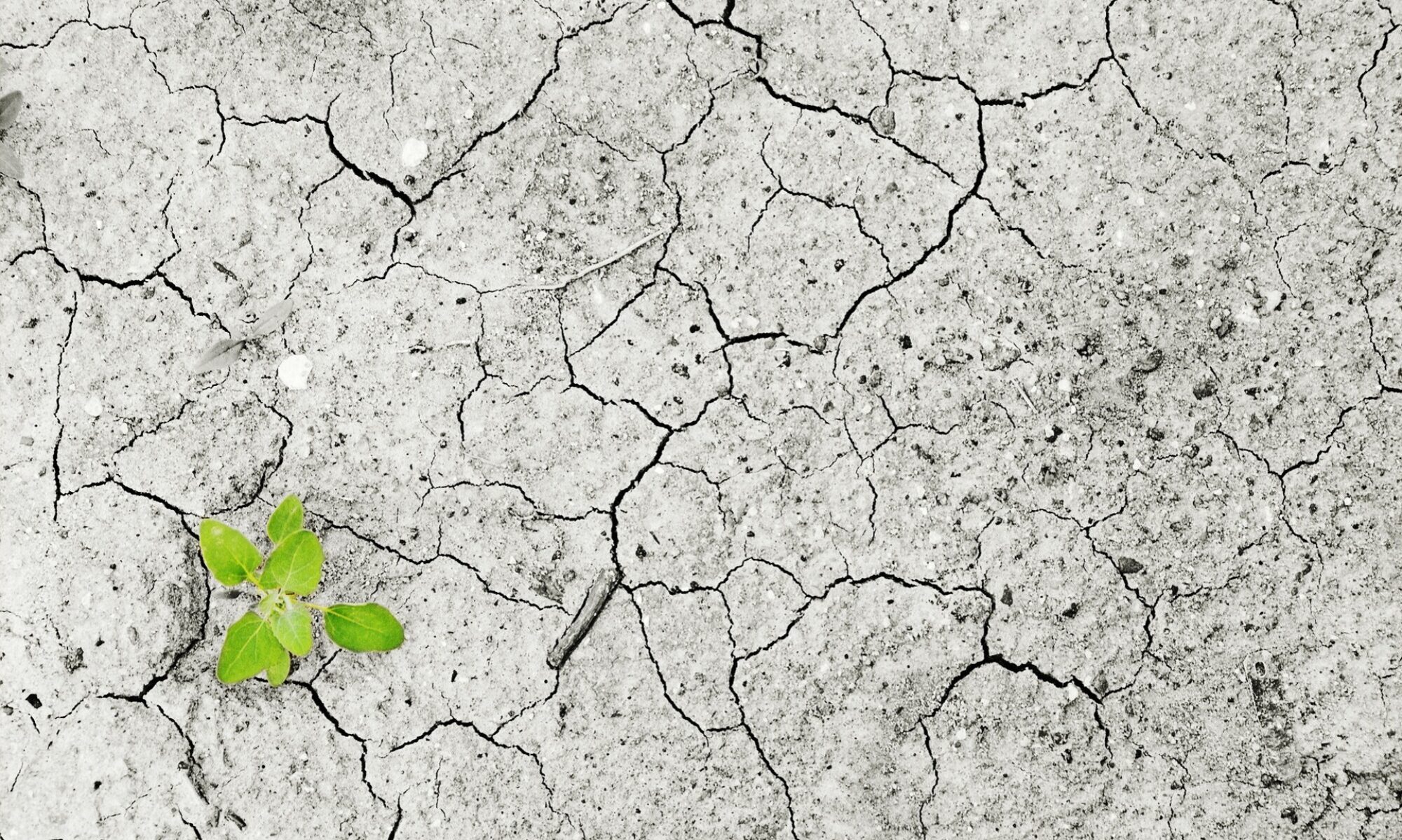12 April 2021 – by Atoosa Gitiforoz
Nature Communications, a scientific journal published by Nature Research, is a peer-reviewed, open access journal covering natural sciences. In a new study, published on the 6th April ’21, researchers, using machine-learning analysis, identify predictors of migration into the European Union.
Calculating numbers of climate migrants is inherently challenging because of the difficulty in defining causality; people often migrate for a multitude of reasons.
Studies show for example, a strong correlation between migration caused by climate change and higher levels of violence leading to an increase in migrant flow.
The study identified violence and insecurity as the strongest predictors of asylum migration to the EU, such as during the migration crisis of 2015-16. Economic and climate conditions, to a lesser extent, are predictors of migrant flow, and more so in non-conflict areas. Other studies however, have predicted that global warming may triple the number of asylum seekers to Europe in this century. A report published in 2019, by the Intergovernmental Panel on Climate Change, directs policy makers to consider that climate change can further exasperate stresses for conflict and disrupt food chains hence threatening livelihoods.
Whilst the stated confidence for climate change as a predictor for migration is low across recent studies, system research into the extent climate change can influence political violence, (or other superior factors identified as good predictors of migration) indicates a priority for future research.


